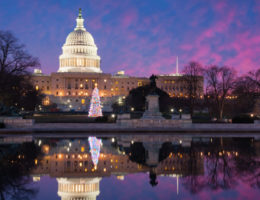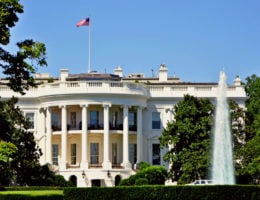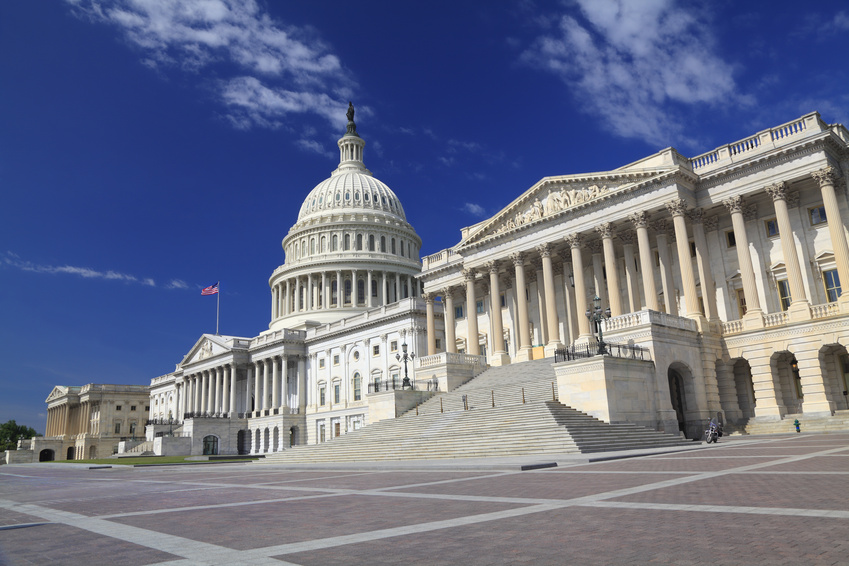In the first of our short videos, Kerry Contini (Partner, Washington, DC), Reagan Demas (Partner, Washington, DC), Christina Conlin (Partner, Chicago) and Maria Piontkovska (Associate, Los Angeles) focus on some of the key trends and priorities for companies across sectors and industries.
On November 10, the Department of State, Department of Treasury, and Department of Commerce released an advisory titled “Considerations for US Companies and Organizations that Conduct Business in Cambodia within Key Sectors or in Partnership with High Risk Entities” (the “Cambodia Advisory”). The Cambodia Advisory is focused on corporations and, according to the accompanying press release, is meant to caution businesses currently operating, or considering operations, in Cambodia to be mindful of interactions with entities and sectors potentially involved in human rights abuses, criminal activities, and corrupt business practices. This blog post will be focused on the corruption and responsible sourcing risks highlighted by the Cambodia Advisory.
Baker McKenzie’s international trade compliance lawyers from around the world discussed the major global legislative, judicial and administrative activities and trends in export controls, trade sanctions, customs compliance, and import requirements in nine 75 minute sessions which took place from 16 to 18 November 2021.
On November 2, the United States District Court for the District of Columbia dismissed the suit brought by a class of child laborers who mine cobalt in the Democratic Republic of Congo against several US tech companies under the Trafficking Victims Protection Reauthorization Act (“TVPRA”) and several common law based causes of action. TVPRA allows victims of human trafficking and certain other crimes such as forced labor to bring civil claims against those who knowingly benefitted from these crimes. Here, the complaint was based on two alleged TVPRA violations: forced labor and trafficking with respect to peonage, slavery, involuntary servitude, or forced labor.
In keeping with tradition, we are pleased to invite you to our annual Global Year-End Review of Import/Export/Trade Compliance Developments. In lieu of our annual conference in Santa Clara, CA, we are excited to again provide a virtual offering available to all our clients and friends worldwide! The conference will be comprised of 75 minutes sessions over the course of three days. Please join us on November 16, 17 and 18 for any or all sessions.
We are pleased to invite you to our annual virtual Global Year-End Review of Import/Export/Trade Compliance Developments. Our international trade compliance lawyers from around the world will review the major global legislative, judicial and administrative activities and trends in export controls, trade sanctions, customs compliance, and import requirements which will be 16-18 November 2021.
On October 8, the US Department of Labor published a notice requesting information and comments on the following three reports on child labor and forced labor practices in foreign countries that are published by the US Bureau of International Labor Affairs. The comments will be used in preparing the 2022 edition of the TDA Report and TVPRA List, as well as any updates to the E.O. List. The three reports are the US government’s key public statements on the issue of forced labor and child labor around the world.
On September 28, 2021, the US Department of Defense (“DoD”) published a notice of request for public comments. DOD’s request relates to Executive Order 14017, (“America’s Supply Chains” or “Supply Chain EO”). As part of requiring agency reviews of key industrial bases’ supply chains, the Supply Chain EO mandated that DoD conduct a one-year review of supply chains within the defense industrial base with the goal of identifying key supply chain vulnerabilities and opportunities to address these vulnerabilities.
US federal government agencies charged with implementing President Biden’s February 24, 2021 Executive Order 14017 continue to assess supply chain risks and vulnerabilities by issuing public requests for comment. Among other things, the Supply Chain EO directs the heads of several federal agencies to conduct a one-year review to examine supply chains for potential vulnerabilities in a number of sectors.







